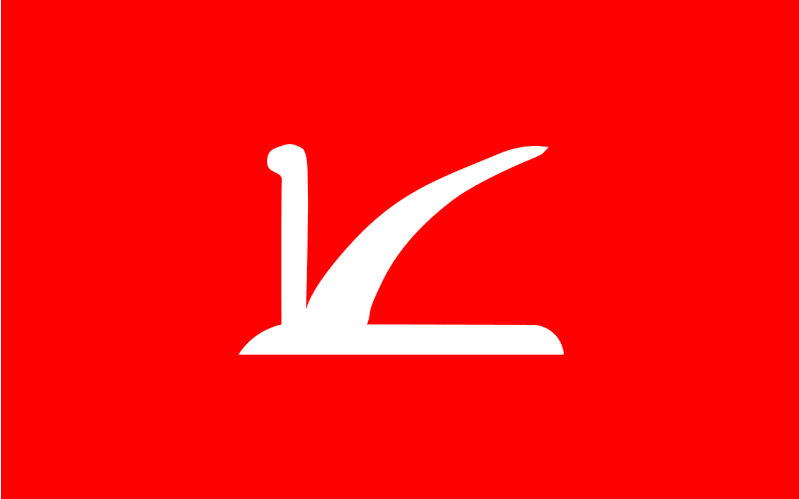It is unlikely that even the biggest supporter of Indian Prime Minister Narendra Modi expected his BJP party to win the recent election in the state of Jammu and Kashmir (J&K) after the reverse Modi suffered in the national elections held earlier in the year.
In the national poll, the BJP was predicted to win 400 or more seats; the party ended up with 240 in the 543-seat parliament, ensuring that it would have to enter into a coalition in order to continue in power.
When it came to Kashmir, Modi’s removal of the state’s special form of autonomy, known as Article 370, was an additional factor that weighed against his party gaining power there. This withdrawal of J&K’s special status happened in 2019, a move that was claimed to have been driven by the fact that the state has a Muslim majority.
It was viewed by many Kashmiris as an attack on their identity and a bid to change the demographics of a region where Muslims are in the majority. The region had its own constitution and ability to make its own laws under Article 370.
According to the official results from Kashmir, the Jammu and Kashmir National Conference, which was in alliance with the Congress, won 48 of the 90 seats up for grabs; Modi’s party won 29 seats, most of which were in the Hindu-majority Jammu region.
J&K has long been held up as a hallmark of India’s secularity, given its history. It has been a flashpoint in Indo-Pakistan relations since the two countries were formed in 1947. Adding to the tension was the fact that both countries are nuclear powers.
Pakistan wanted Jammu and Kashmir, a region which was part of the former princely state of the same name, to be a part of itself at the time of partition as it was a Muslim-majority region. But the main political party, the Jammu and Kashmir National Conference, was allied to the main Indian party, the Indian National Congress.
The ruler of the state, Maharaja Hari Singh, was unable to decide. In October 1947, a few months after both Pakistan and India had declared independence, Pakistani tribesmen attacked J&K, with backing from their country. Hari Singh asked for help from India, but was told it would be conditional on the state joining India.
Indian forces succeeded in pushing Pakistan out of some part of J&K; the portion which continues to be occupied by Pakistan is called Pakistan-Occupied Kashmir by India and Azad [Free] Kashmir by the Pakistanis. The Indian portion was called the Indian state of Jammu and Kashmir by India and Indian-Administered Kashmir by Pakistan.
Soon after J&K acceded to India, the matter was taken to the United Nations by the Indian leader at the time, Jawaharlal Nehru. The UN decision was that a plebiscite would be held after the status quo ante had been restored. This meant Pakistan had to withdraw from the portion of Kashmir it held, and India had to do likewise, leaving only enough forces to maintain law and order.
Despite numerous UN efforts, no solution was reached. Proposals for Pakistan to withdraw were countered by assertions that there was no guarantee India would follow suit. Pakistan raised the issue of India not holding a plebiscite, despite the fact that withdrawal by both sides was one of the conditions for this to be held.
Two wars have been fought over Kashmir, in 1965 and 1971, the latter leading to the creation of Bangladesh out of the former East Pakistan. A line of control was decided on after the 1971 war and the two countries committed to a peaceful resolution of the dispute.
India had better standing in the state for a long time, until it rigged the elections in 1986. The leader of the J&K National Conference at the time, Sheikh Abdullah, was a strong supporter of a secular state, and as long as he was there, India was in the ascendant.
But after his death, his son Farooq, more of a playboy than a politician, began to lose support. Fearing a loss in the 1986 elections, India rigged the process. This annoyed the people of the state and since then opposition to India grew. As protests became more organised and resulted in militancy — which Pakistan fomented — India sent in more and more troops to try and keep the peace.
The protests then ballooned into running battles, with Pakistan supplying arms to those who opposed India. From that point onwards, things got worse and something like a civil war raged there.
The law and order situation in Kashmir is bound to improve under the new administration and see a boost to tourism, one of the state’s main earners. But Modi is unlikely to stop his meddling in the state; he does not accept failure very well.
Sam Varghese is an Australian of Indian origin who has lived in the country for nearly 26 years. He has worked as a journalist for more than 40 years and currently writes for the tech website iTWire. He has worked for the Deccan Herald and Indian Express in India, Khaleej Times in the UAE and Daily Commercial News (now defunct) and The Age in Australia.

